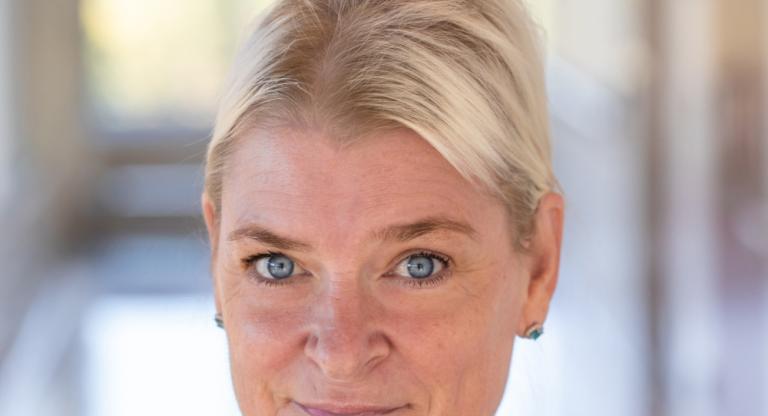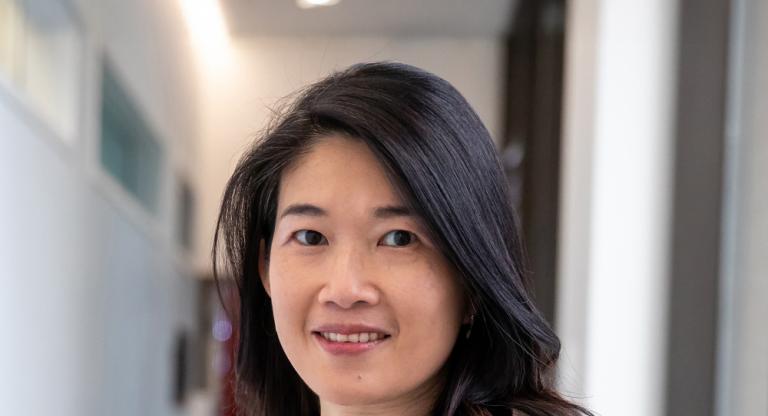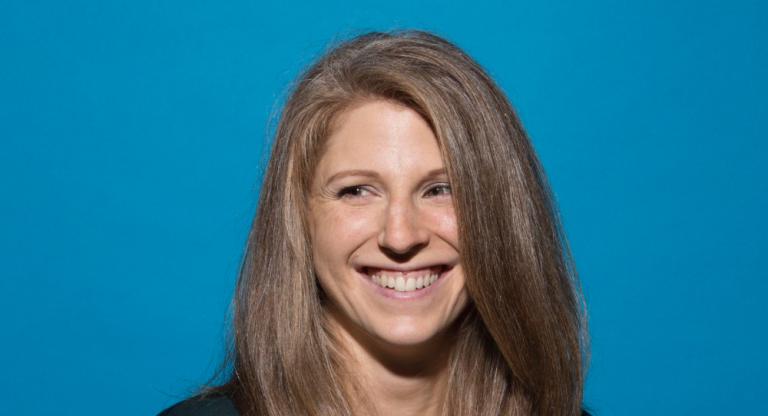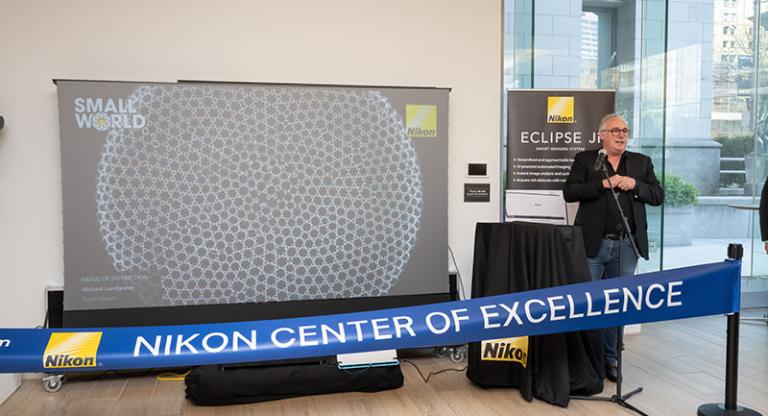Behind the science: Dr. Bruce Perkins
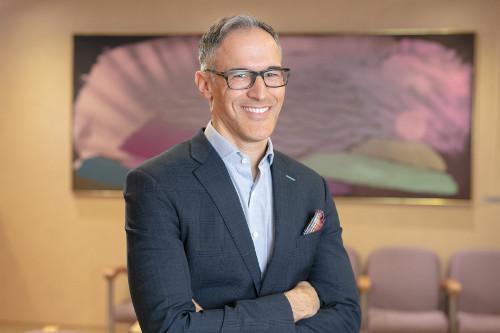
This interview with Dr. Bruce Perkins, clinician scientist at Sinai Health’s Lunenfeld-Tanenbaum Research Institute, or LTRI, is part of Behind the Science, a regular series from Sinai Health Foundation that asks some of its brightest and world-leading researchers about what drives their curiosity about the human body in health and illness.
Currently, one in three Canadians has diabetes or prediabetes. Dr. Perkins is the director of the Leadership Sinai Centre for Diabetes and The Sam and Judy Pencer Family Chair in Diabetes Research.
What is your area of research and what are you hoping to discover?
I focus on clinical research in people with Type 1 diabetes to determine ways to better identify the complications at the earliest stages when treatment is most likely to be successful, and also on figuring out ways to make day-to-day blood sugar management less burdensome.
What’s one of the biggest challenges you’ve faced and why?
Running research is a wonderfully creative process, but it also requires running it like a business hiring staff, working with human resources, accounting, research finance, contracts departments, all of whom need to be involved in the process, yet also do not necessarily understand the inner workings of my specific research. In full honesty, these pragmatic matters in research are the ones that I find the most challenging.
What’s been one of your greatest rewards in your career so far?
Recognition for my research accomplishments, no matter how small, carry a lot of meaning for me.
What is one thing you’d like to accomplish in the next decade?
With the many phenomenal technologies in Type 1 diabetes care, I feel that my best accomplishment will be in determining the best ways to help implement these into clinical care and people’s own self-management.
Did you change any of your or your family’s habits as a result of anything you learned from your research?
I feel that research itself — the process of grant writing and bringing projects to fruition require such clarity and daily commitment to the key message of the research. I feel that I can help my own children in focusing on what is important to them and making the kinds of commitments that are needed day-to-day, month-by-month, to see them through to accomplishments to be proud of.
What advice would you have to share with your 19-year old self?
Aim higher, or to recognize that generally "the goal falls short of the reach."
What is on your bucket list?
Seeing the Nahanni River in Canada’s Northwest Territories by kayak with my kids.
What would your perfect day be like?
My perfect day is a mix of accomplishments in research, creative thinking, being physically active and the chance to be creative with other things like playing the guitar and singing. In short, many of my days are perfect.
Who would you invite, alive or dead, to your dream dinner party?
Leonard Cohen — the man behind the quote, "the goal falls short of the reach."






